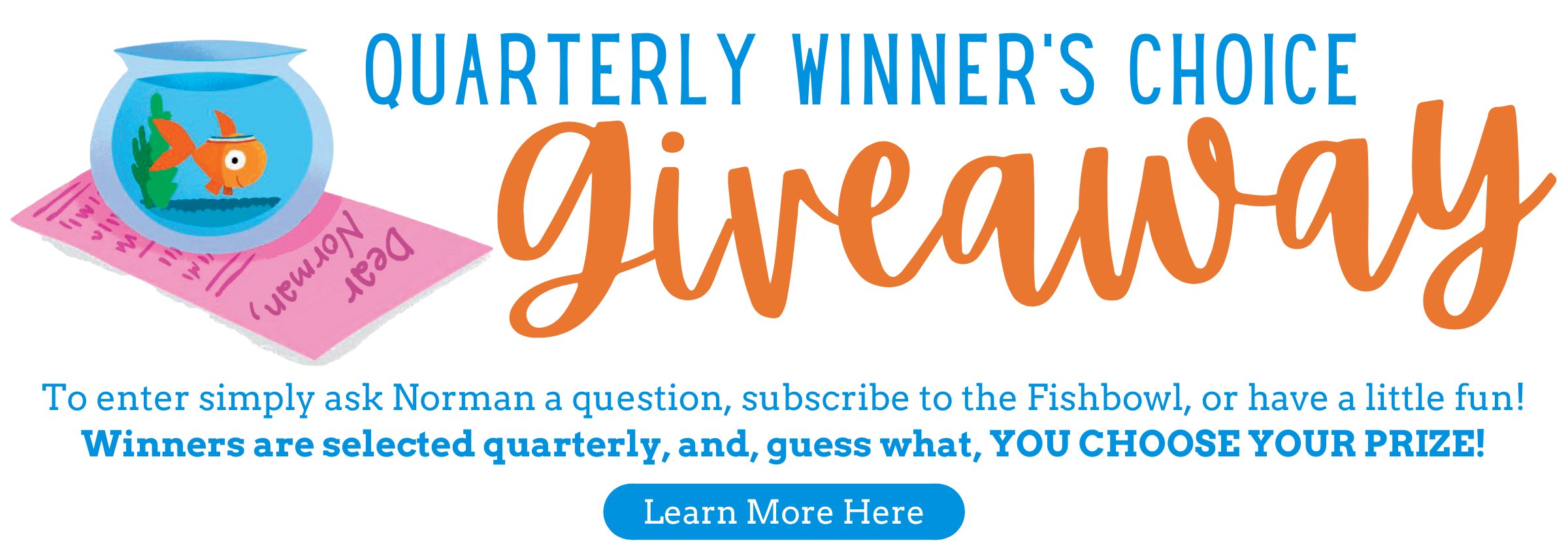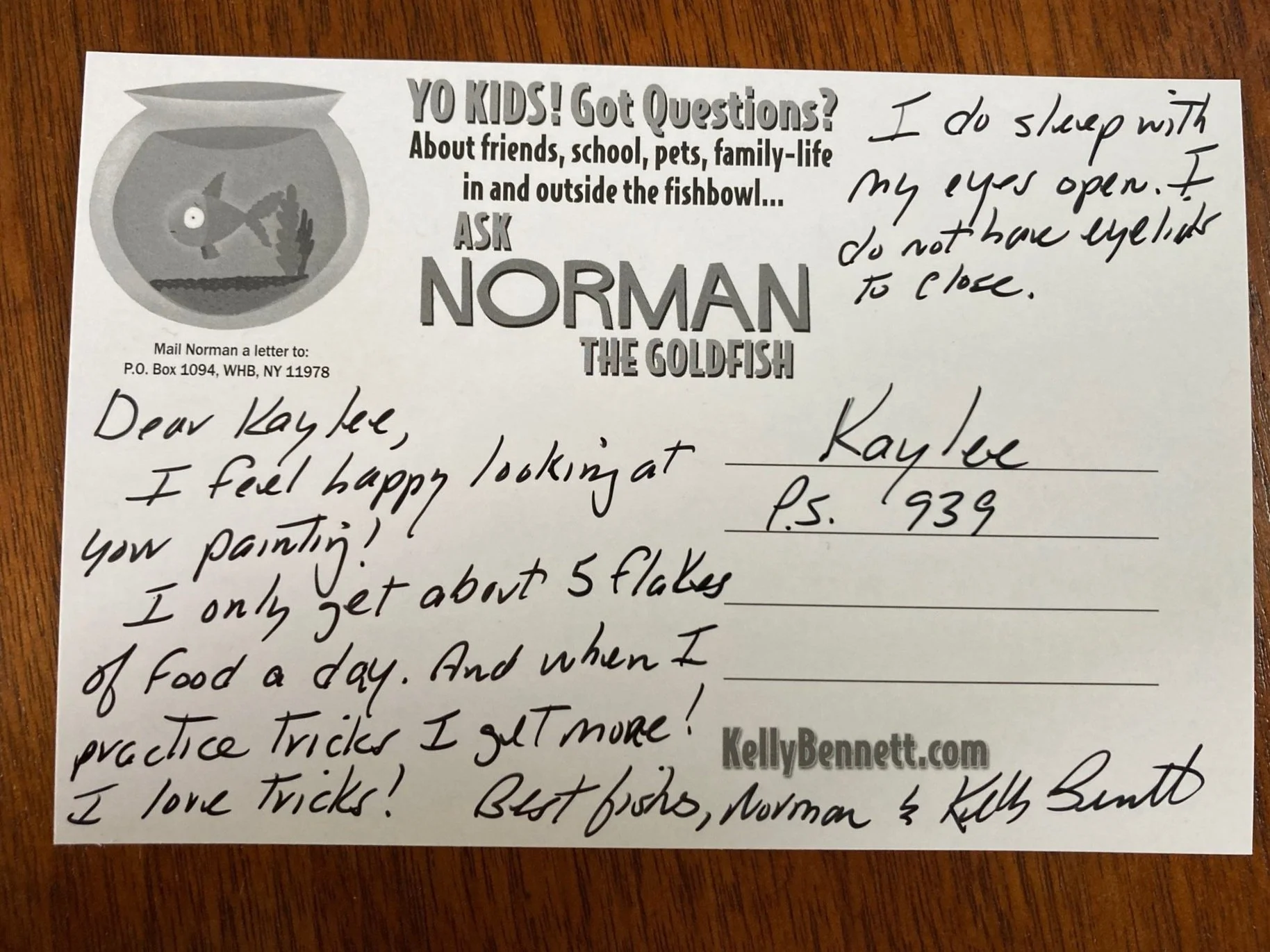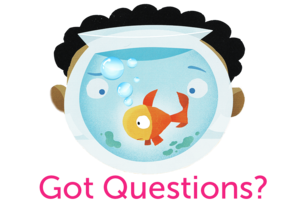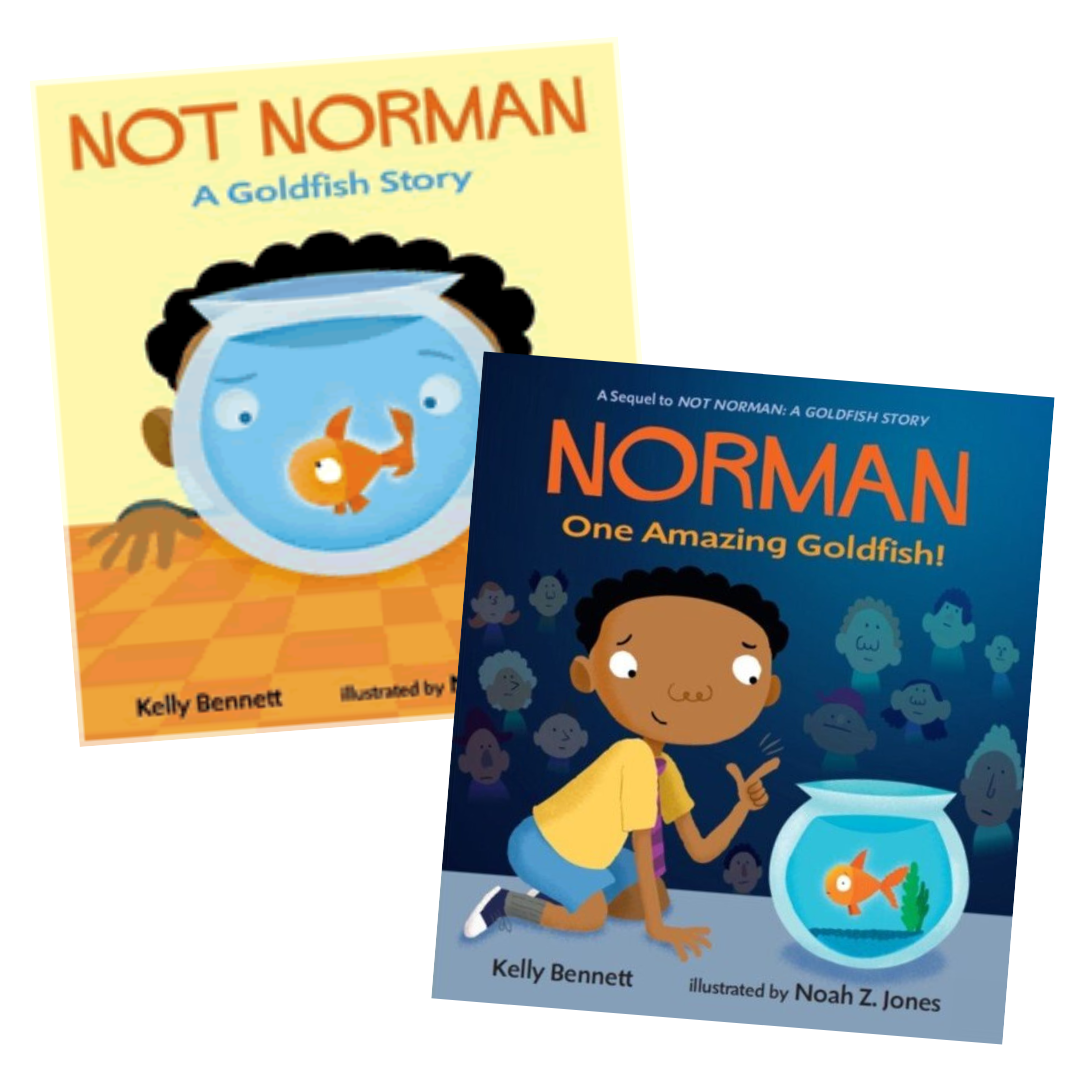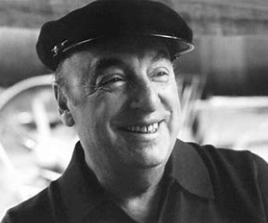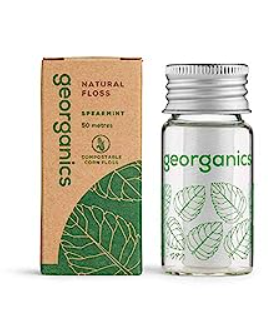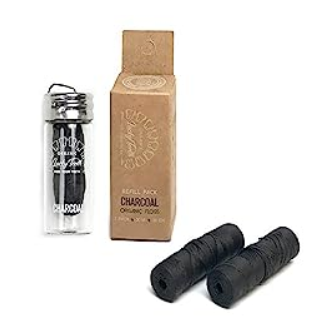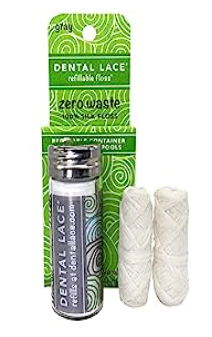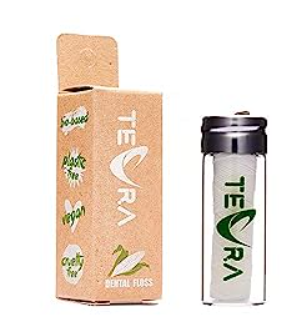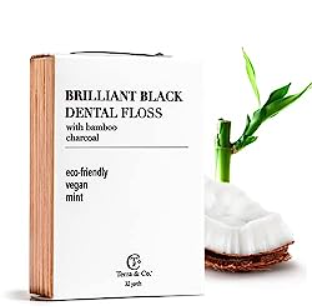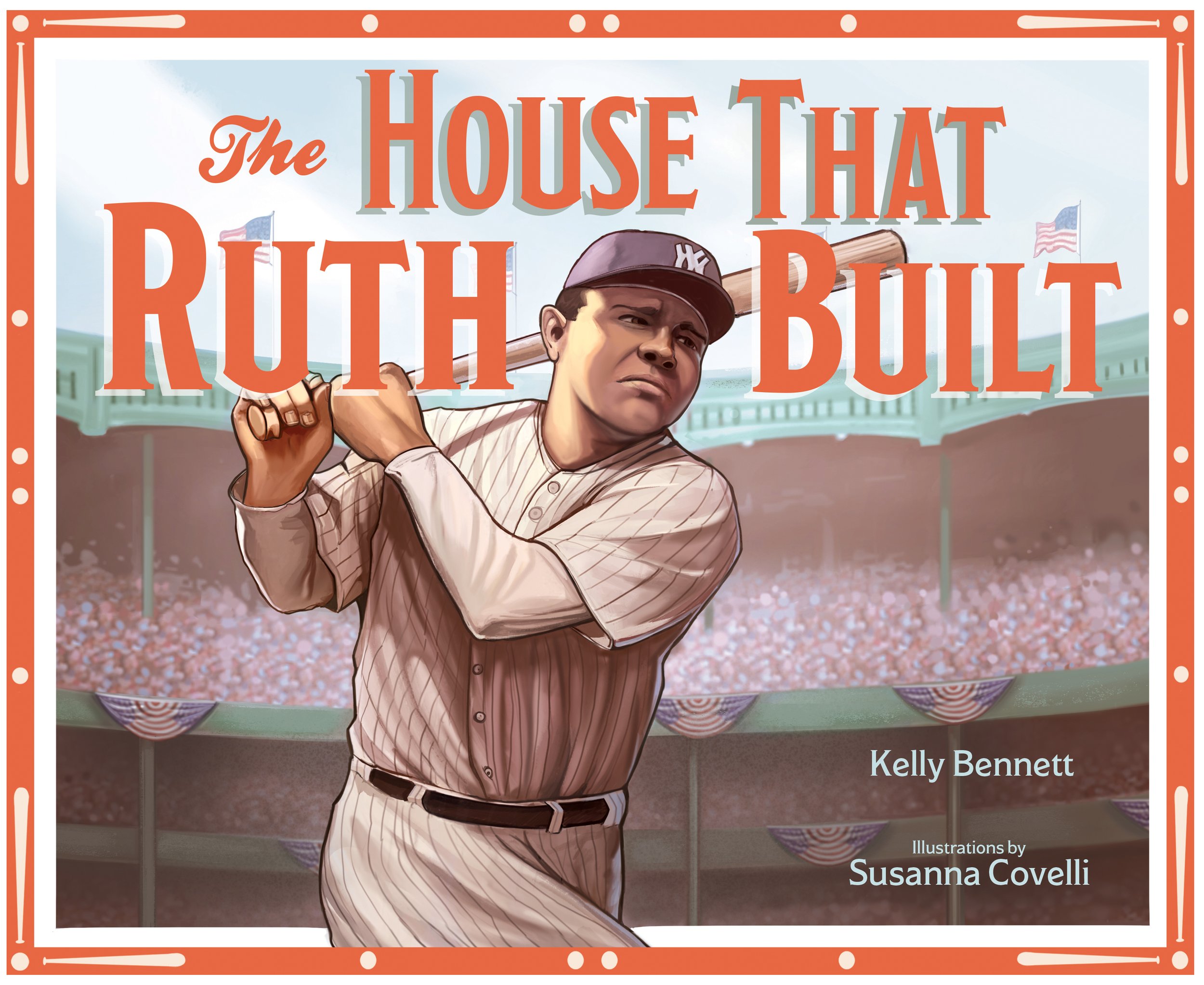Poetry Challenge #305-Stick Out Your Tongue Eve!
A name’s a noun a proper noun, laugh so hard it knocks you down.
I learned that jaunty jingle when I was a kid. I hope my teacher also taught us other parts-of-speech jingles, but “Name’s a Noun” is the only one that stuck, and after reading about Eve Merriam, I can imagine her writing it.
Eve Merriam, July 19, 1916-1991, said she didn’t choose poetry; poetry chose her. She said it was the rhythmic rhymes—those jingles!
What endeared Merriam to me especially is that it was musicals— Gilbert and Sullivan albums her brother played—that set her off.
She began writing poems when she was seven or eight years old and never stopped—nor did she stop writing poetry for children. Eventually Merriam became fashion copy editor for Glamour magazine. In the meantime, her first collection of adult poetry, entitled Family Circle, won the 1946 Yale Younger Poets Prize.
“Out Loud” was Merriam’s mantra. She maintained that no one learns to love poetry without hearing it read out loud ...
“If we can get teachers to read poetry, lots of it, out loud to children, we'll develop a generation of poetry readers; we may even have some poetry writers, but the main thing, we'll have language appreciators.”
"Whatever you do, find ways to read poetry. Eat it, drink it, enjoy it, and share it."-Eve Merriam
Listen to Eve Merriam’s poem “Weather” read-aloud and discussion by Tavis du Preez: Weather by Eve Merriam - YouTube
Poetry Challenge #305
Stick Out Your Tongue Eve!
Choose a noun that tickles your funny bone. Purple…Bumbershoot…Parsnip…Bloomers…maybe Tongue. (After all, July 19 is “Stick Out Your Tongue Day”).
With that word as the title, play with the word, bounce it around, roll it, twist and tangle it and others into a playful romp of a read-aloud poem.
Set Your Timer for 7 Minutes
Start Writing!
Don’t Think About it, Write It!
Cindy Faughnan and I began this 7-Minute Poetry Challenge 2600+ days ago. Now we take turns creating prompts to share with you. Our hope is that creatives—children & adults—will use our prompts as springboards to word play time. If you join us in the Challenge, let us know by posting the title, a note, or if you want, the whole poem in the comments. (The link to comments is below to the left of the heart.)
Click on Fishbowl link and sign up to receive email notifications from Kelly's blog (aka The Fishbowl):
All who subscribe, comment or share a poem will be entered in . . .
Fin Pal Ask Norman "Are You a Piggy Fish?"
Ready to read Norman’s answer? Scroll down . . .
Glug
Glug
Glug . . .
But first a finny:
Q: Q: Why did the robbers try to steal Norman?
Q: Why did the robbers try to steal Norman?
A: Because he’s a Goldfish!
Do you have a question for Norman the Goldfish- about friends, school, pets, family, life in and outside the fishbowl? Send him a letter!
Don’t forget to order your copy of NOT NORMAN: A GOLDFISH STORY and NORMAN: ONE AMAZING GOLDFISH!!
Poetry Challenge #304-Pablo's Tuna is Your_________
Pablo Neruda was born July 12, 1904, in Parral, Chile. He is called the “most influential Latin poet of the 20th century.”
He became a published poet at age 13.
His father opposed his interest in writing and literature, but . . .
by age 16 he was writing poetry full-time.
In 1971, he won a Nobel Prize in Literature "for a poetry that with the action of an elemental force brings alive a continent's destiny and dreams."
“I want to do with you what spring does with cherry trees.”—”
In the U.S., Pablo Neruda is mainly known for his love poems and odes translated from Spanish.
For example, his Ode to a Large Tuna in the Market honors the food we eat, comparing the tuna to a torpedo, a well-oiled ship, and the only true machine of the sea.
Poetry Challenge #304
Pablo’s Tuna is Your ?
Read Neruda’s poem, “Ode to a Large Tuna in the Market” and then think about a visit to the market and a food you want to honor.
Write an ode to this food, speaking directly to it.
Use similes and strong verbs to show how much you appreciate it.
Set Your Timer for 7 Minutes
Start Writing!
Don’t Think About it, Write It!
Cindy Faughnan and I began this 7-Minute Poetry Challenge 2400+ days ago. Now we take turns creating prompts to share with you. Our hope is that creatives—children & adults—will use our prompts as springboards to word play time. If you join us in the Challenge, let us know by posting the title, a note, or if you want, the whole poem in the comments.
Click on Fishbowl link and sign up to receive email notifications from Kelly's blog (aka The Fishbowl):
All who subscribe, comment or share a poem will be entered in . . .
What Inspires Me? Smiling in the Nighttime Mirror
You drink your coffee from a reusable cup, tote your own bags to the store, say “no” to Styrofoam, compost, recycle, reuse…at the end of the day, flossing—just as the dentist ordered—you look yourself in the mirror, feeling good about doing your bit you smile and then toss your floss.
Oh the tangled web we weave . . .
Dental floss may be good for your teeth. But it is not good for the earth. It is not good for the dogs—maybe your dog—that might eat it.
It is not good for the animals and sea creatures who might become tangled in it.
If you flush it, is not good for your pipes…
Dental floss is made of nylon. Most dental floss packages are made of plastic.
Nylon is the material most commonly used in clothing, parachutes, and— smile—toothbrush & floss pick bristles. Nylon is not biodegradable.
Please! If you use nylon dental floss:
Do NOT flush it.
Sewer systems become backed up with discarded plastic floss, that twists with hair strands, that clump wet wipes that clog…
Do WAD it into a tiny, tangled ball. Knot it. Clump it. Tangle it.
Yes! Absolutely! It will still stay in the landfill for eternity. But at least if you wad it into a knot the floss will not be nasty long string just waiting to tangle with everything else— (see above.)
If you’re a good patient and floss as your dentist advises, the way your dentist advises, every day, 365 days a year, imagine how much floss you toss?
Even if you’re a conservative floss unspooler that 365 ft of floss from you alone. Now multiply that by the number of regular flossers in your home, your office, your building…. It’s fodder for a horror film.
Invasion of the Giant Floss Monster!
Believe it or not, in this case, those floss sticks, picks, brushers are a better option for at least they won’t tangle around wee warbler feet. Or tiny turtle necks, and feetsies, and intestines…. Have you ever tried to break floss with your hands, you know how strong those strands are. Imagine how an otter might feel trying to gnaw its way through a floss tangle. (Be happy there’s no photo inserted.)
What to do? Water Pick! Water Picks work! And they are reusable. If charged on solar even better.
Wah, not a fan of the waterworks? Me neither. I’ve got 3 words for us:
Biodegradable Dental Floss
The most common materials used in biodegradable dental floss are silk and bamboo. One I found is corn-based.
Ironically, just as the first sandwich wrappers were biodegradable plant leaves, the first dental floss was made from silk.
Let’s go back to better! And really have something to smile about!
Here are some eco-friendly dental floss that are biodegradable and compostable. (These are just a few brands available wherever you buy the icky, non-earth-friendly, uncool dude brand you currently use.)
Biodegradable Dental Floss! Now that’s inspiring!
Poetry Challenge #303-Astonish Cocteau
A crusty loaf, bottle of wine and summertime—feels like France! And so, with no further ado, let’s tip our jaunty red berets to Jean Cocteau, born July 5, 1889. Bon Anniversaire!
If the name sounds familiar, it should. Jean Cocteau (pronounced Zahn Kaw-toh), poet, novelist, designer, dramatist, filmmaker, artist, and playwright “was among the best, most multi-talented artists of the 20th century.” -artnet
Cocteau started writing at the age of 10, and, by age 16, was already an established poet! At the age of 19, Cocteau published La Lampe d’Aladin, his premier compendium of poems. Quel Magnifique!
Regardless the medium/genre, Cocteau said all of his creations were essentially poetry.
The ballet, Parade, is Cocteau, written with composer Erik Satie, painter Pablo Picasso, choreographer Leonide Massine, and Sergei Pavlovich Diaghilev of the Russian Ballet. The story goes that Cocteau and Diaghilev were walking down the street one day (sounds like a joke set up, right?) when Cocteau mustered up his courage to ask why the founder of Ballets Russes was so reserved in his comments on Cocteau’s work. As the story goes, Diaghilev adjusted his monocle and said: “Astonish me.”
From those 2 words “Astonish me”
Parade, considered the first modern ballet was born.
Poetry Challenge #302
Astonish Cocteau!
As Cocteau said, all his work was poetry, let’s use one of his drawings as inspiration for a poem. Write a poem inspired by one Cocteau’s drawing Cantate (above) or another—google Jean Cocteau’s art, it’s worth the trip.
Study the drawing for a bit and write a poem inspired by it. Is there something in the image—the form, the subject, a feeling—or the feeling it evokes in you—that’s astonishing?
Set Your Timer for 7 Minutes
Start Writing!
Don’t Think About it, Write It!
Cindy Faughnan and I began this 7-Minute Poetry Challenge 2600+ days ago. Now we take turns creating prompts to share with you. Our hope is that creatives—children & adults—will use our prompts as springboards to word play time. If you join us in the Challenge, let us know by posting the title, a note, or if you want, the whole poem in the comments.
Click on Fishbowl link and sign up to receive email notifications from Kelly's blog (aka The Fishbowl):
All who subscribe, comment or share a poem will be entered in . . .
Poetry Challenge #302-No Messing Around
The first time I heard Lucille Clifton’s poem, “Homage to my Hips,” I thought she wrote it for me. It was bold, it was sassy, it was playful, and like the hips it honors, didn’t mess around.
Lucille Clifton, born June 27, 1936 is gone now (since 2010), but in her lifetime, and in her poetry, she didn’t mince words or spend time messing around with nonessentials.
Clifton was the first author to have two books of poetry chosen as finalists for the Pulitzer Prize, Good Woman: Poems and a Memoir, 1969-1980 (1987) and Next: New Poems (1987), and from there the list of awards goes on and on. . .
When asked how she wanted to be remembered, Lucille Clifton said,
“I would like to be seen as a woman whose roots go back to Africa, who tried to honor being human.
My inclination is to try to help.”
“The first thing that strikes us about Lucille Clifton’s poetry is what is missing: capitalization, punctuation, long and plentiful lines. We see a poetry so pared down that its spaces take on substance, become a shaping presence as much as the words themselves.” -Christian Century review of Clifton’s work, Peggy Rosenthal
Poetry Challenge #302
NO MESSING AROUND!
Many reviews of Clifton’s poetry make note of her lean style and “physically small” poems. “Poetics of understatement,” Robin Becker called it in the American Poetry Review “—no capitalization, few strong stresses per line, many poems totaling fewer than twenty lines, the sharp rhetorical question.”
For today’s prompt, write a poem in which you try to “honor being human” the way Clifton herself might have written it.
Keep it short, tight, honest, stripped down, unapologetically lower case—no messing around.
Set Your Timer for 7 Minutes
Start Writing!
Don’t Think About it, Write It!
Cindy Faughnan and I began this 7-Minute Poetry Challenge 2600+ days ago. Now we take turns creating prompts to share with you. Our hope is that creatives—children & adults—will use our prompts as springboards to word play time. If you join us in the Challenge, let us know by posting the title, a note, or if you want, the whole poem in the comments (below the giveaway notice).
Click on Fishbowl link and sign up to receive email notifications from Kelly's blog (aka The Fishbowl):
All who subscribe, comment or share a poem will be entered in . . .
What Inspires Me? The Babe Going Out With a BAAAAAAAM!
On May 25, 1935, at Forbes Field, Babe Ruth didn’t hit one home run—he hit three!
For more Baseball & Babe, check out my book! Click! Even if you love the Mets or Sox…even if you hate the Yankees…you’ll LOVE it—it’s baseball history!
He belted the first one into the lower deck.
The second homer landed in the upper deck.
The third blasted clear out of the ballpark.
Ruth went four for four that game, hitting three home runs and driving in six runs.
As the Boston Globe put it, “Babe Ruth’s final home run was a moonshot!”
“Twice he cleared the playing field with home runs which have been made in the same manner by ordinary sluggers. The third time, in the seventh inning, he caught hold of one of Guy Bush’s slow curves, and with one mighty swipe sent it clear out of the ballpark 50 feet over the right field stands, the first time the ball had ever been knocked out of the park in that particular spot.”
Back to the game: The game was a history maker for The Babe, but not for The Braves. The Pirates won 11-7.
Five days later, on May 30, 1935, Babe Ruth played his final Major League Baseball game.
Babe Ruth retired with a career record of 714 home runs, 2,213 RBI, 2,062 walks and a lifetime .342 average. His pitching record in 10 seasons was 94-46, with 107 complete games.
Fin Pal Ask Norman "How's this?"
Ready to read Norman’s answer? Scroll down . . .







